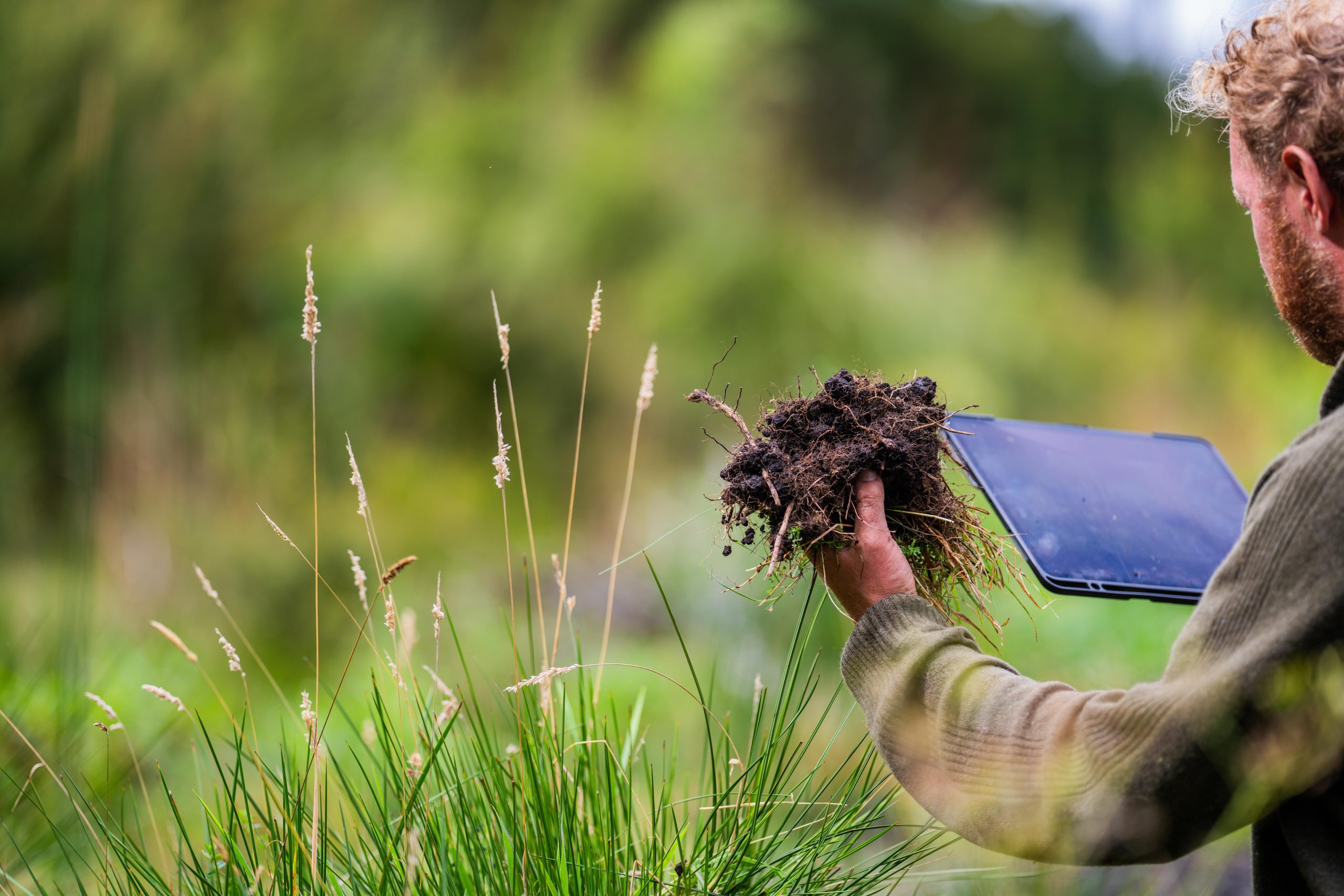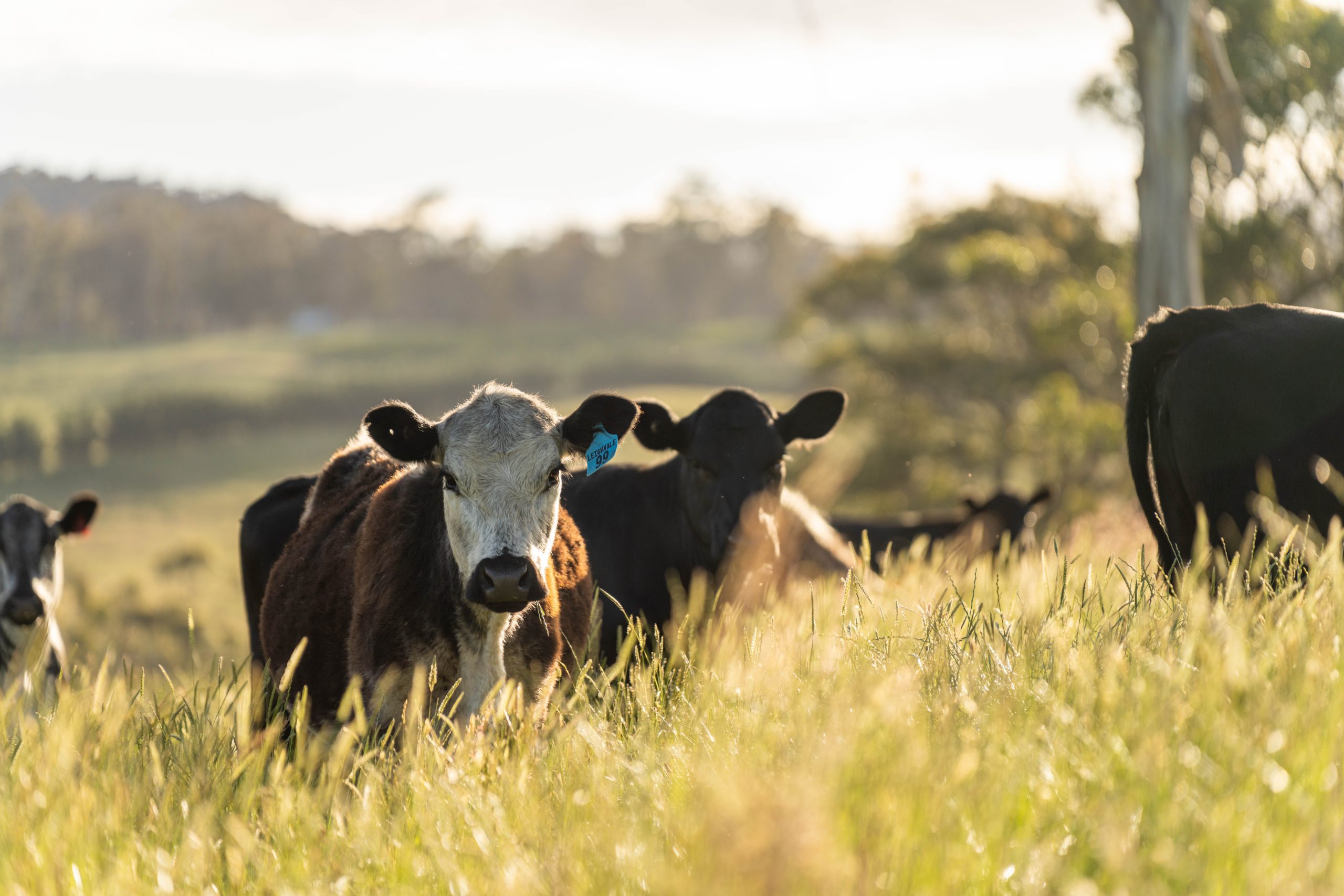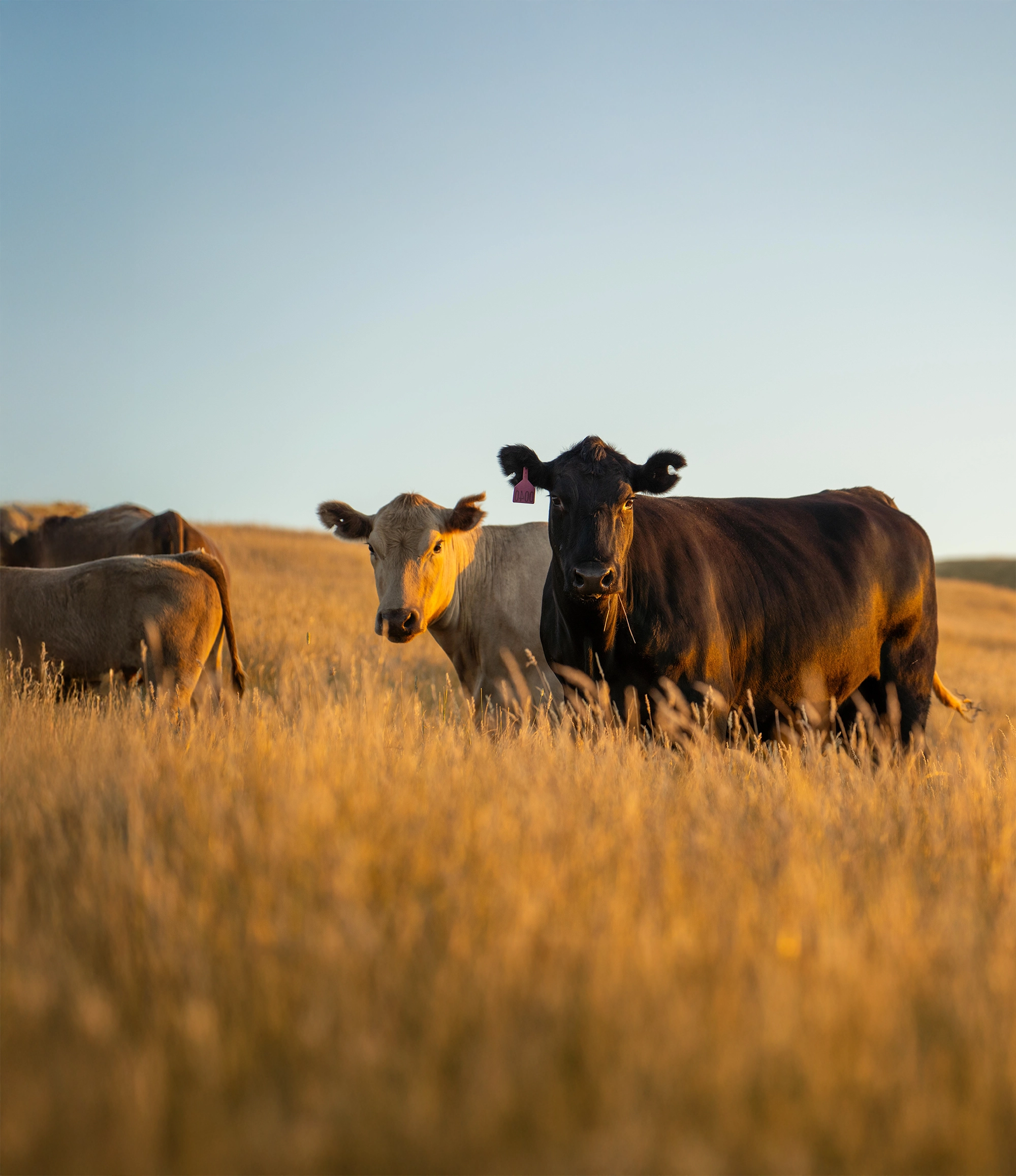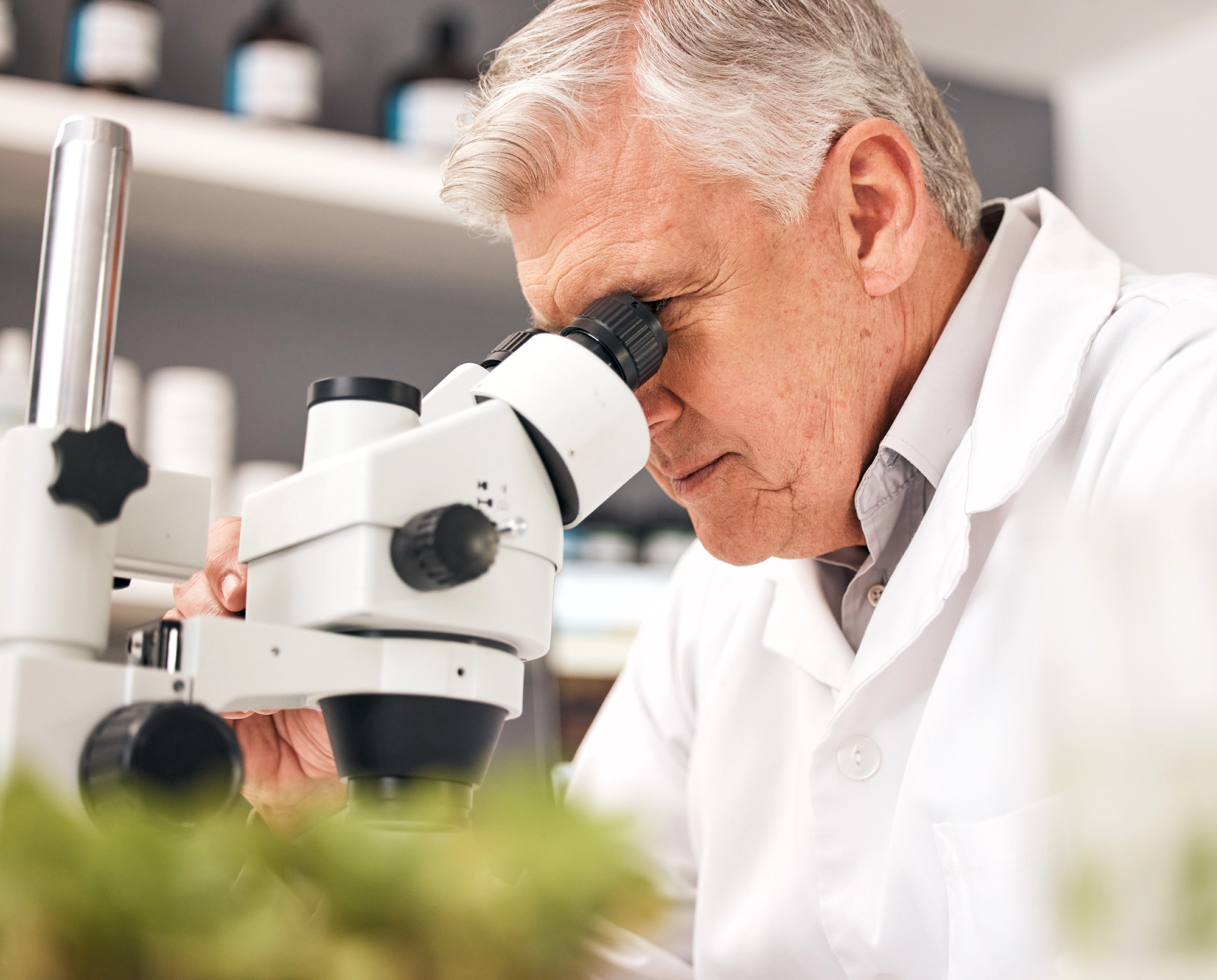Updates

Combined use of new technology, trusted guidelines, and a consistent, credible approach to greenhouse gas (GHG) accounting will be delivered by two new research projects announced by Zero Net Emissions Agriculture Cooperative Research Centre (ZNE-Ag CRC) today.


